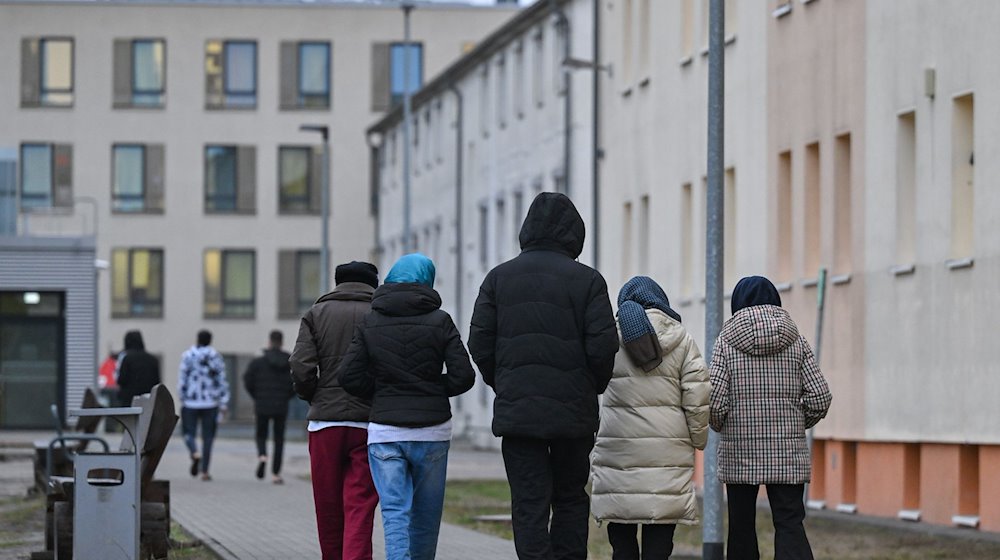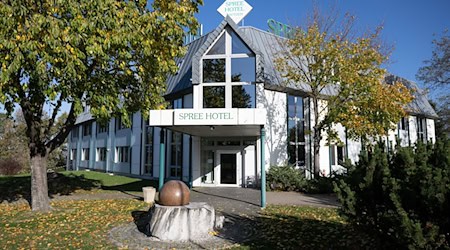The majority of Saxon cities and districts make use of work opportunities for refugees. These have been offered in Dresden and Chemnitz since 2015. In the state capital, there are currently 142 places, as a spokesperson for the city announced on request. The range of activities is diverse, for example in the social furniture service, in the maintenance and care of outdoor facilities, in the field of language mediation or in the preparation and follow-up of exhibitions.
In Chemnitz, there are currently 40 places available, 90 percent of which are used, according to a spokesperson for the city. According to the statement, the work opportunities are arranged by the social welfare office as part of individual counseling sessions. According to the Erzgebirgskreis district, it has also been offering work opportunities since 2015. Since then, this has been consolidated and an expansion is currently being examined in accordance with the new version of the Asylum Seekers Act.
The amendment to the law has expanded the possibilities for offering work opportunities for refugees. The law already provided for this in the past. However, the prerequisite was that the work involved could not be carried out by others. This regulation has been amended: Asylum seekers can now also take on regular jobs.
Vogtland district: "We have been implementing this for years"
The district of Meißen has been offering work opportunities since 2016, according to a spokeswoman. According to the statement, 11 people are currently taking part in a work opportunity, with 27 places available, including in a bicycle workshop, street cleaning and green space maintenance as well as helping with language barriers in after-school care. The situation is similar in the Vogtland district. "We have been implementing work opportunities for years, that's nothing new," said Jens Mittenzwey, Head of the Immigration Office. According to him, places are available at the food bank in the clothing store and the food bank, for example.
The district of Sächsische Schweiz-Osterzgebirge offers work opportunities on a voluntary basis on a case-by-case basis in the shared accommodation facilities, according to the social welfare and foreigners office. According to a spokeswoman, there are also work opportunities in some accommodation facilities in the district of Mittelsachsen, for example in the area of cleaning.
Last week, the district of Bautzen announced a pilot project for mandatory community service activities for refugees. Asylum seekers are to be obliged to work for state, municipal or non-profit organizations. Similar projects already exist in the shared accommodation facilities.
The district of Görlitz wants to launch work opportunities as part of a new integration concept by the summer after the law has been amended, as stated in a press release. "We have already launched an initial initiative with Diakonie St. Martin in Rothenburg to take up work opportunities under these new framework conditions," said District Administrator Stephan Meyer (CDU). The district of North Saxony is also looking into the possibility of offering work opportunities, according to a spokesperson.
In the district of Leipzig, the focus is on activities subject to social insurance contributions
There are no work opportunities in the district of Leipzig. According to District Administrator Henry Graichen (CDU), the focus there is on placing refugees quickly and with qualifications in jobs subject to social insurance contributions. The aim is to achieve sustainable integration. "This is being done deliberately in the interests of the people and our companies, who are urgently looking for workers."
The fact that asylum seekers in the Saale-Orla district of eastern Thuringia are to be obliged to work four hours a day caused a stir last week. If they refuse, they could face fines of up to 180 euros a month.
Copyright 2024, dpa (www.dpa.de). All rights reserved










